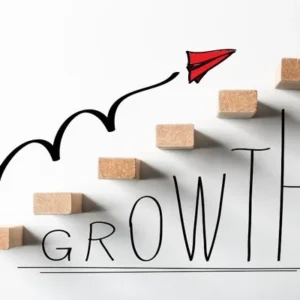The European Commission and the World Bank Group are deepening their strategic partnership under the Global Gateway investment strategy to advance a new generation of connectivity projects. The initial pipeline includes 18 high-impact investments across energy, transport, and digital infrastructure in Africa, Asia and the Pacific, and Latin America and the Caribbean. The collaboration aims to ensure that projects progress from planning to financing and ultimately to tangible outcomes such as job creation, improved services, and economic development. The announcement was made on the sidelines of the Global Gateway Forum held on 9–10 October 2025 in Brussels.
World Bank Group President Ajay Banga emphasized that creating jobs in emerging economies expands local opportunity and fuels global demand, highlighting that the partnership will leverage combined resources to align investments, unlock private capital, and deliver scalable results. European Commission President Ursula von der Leyen noted that the new framework will guide the governance, monitoring, and execution of joint projects, ensuring that strategic investments are complemented by reforms to attract maximum private capital.
The partnership is designed to foster sustainable economic growth, create local jobs, and build vibrant private sectors that provide opportunities for communities, particularly in countries with abundant natural resources and large youth populations. It supports the World Bank Group’s job creation strategy by investing in human and physical infrastructure such as education, healthcare, roads, ports, and electricity, promoting business-friendly environments with clear laws and predictable institutions, and supporting the private sector with capital, guarantees, and risk insurance.
Global Gateway complements this approach by combining investment in high-quality, environmentally sustainable infrastructure with regulatory support, skill development, training, research, and local job creation. The 18 initial projects were selected for their alignment with Global Gateway and World Bank priorities, capacity to scale, potential to attract private investment, and anticipated impact on jobs, productivity, and regional integration.
Global Gateway, the EU’s external investment strategy, aims to build smart, clean, and secure connections in digital, energy, and transport sectors while strengthening health, education, and research systems worldwide. It promotes equal partnerships that enhance strategic autonomy and resilience for Europe and partner countries and represents the EU’s contribution to achieving the Sustainable Development Goals beyond its borders.







